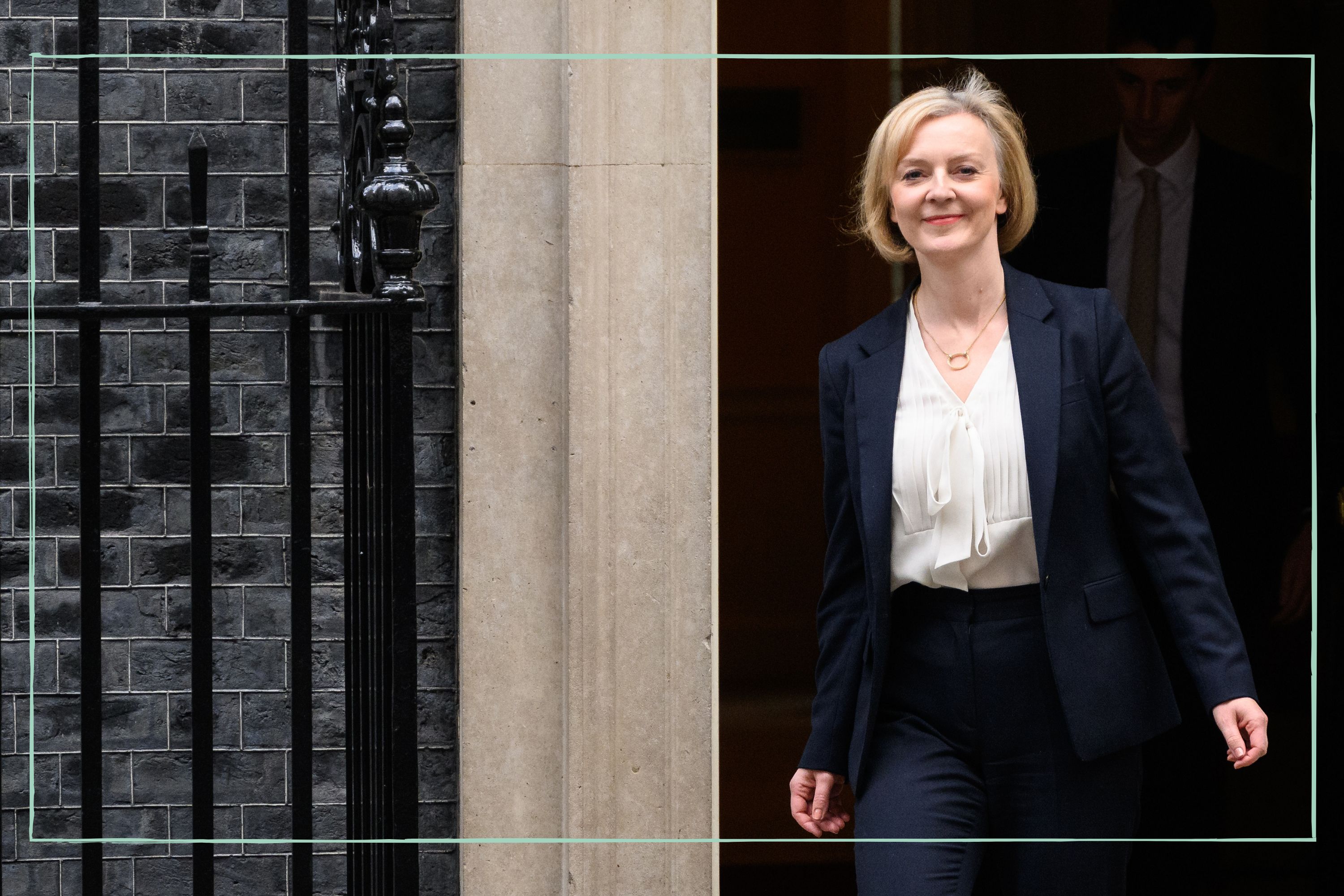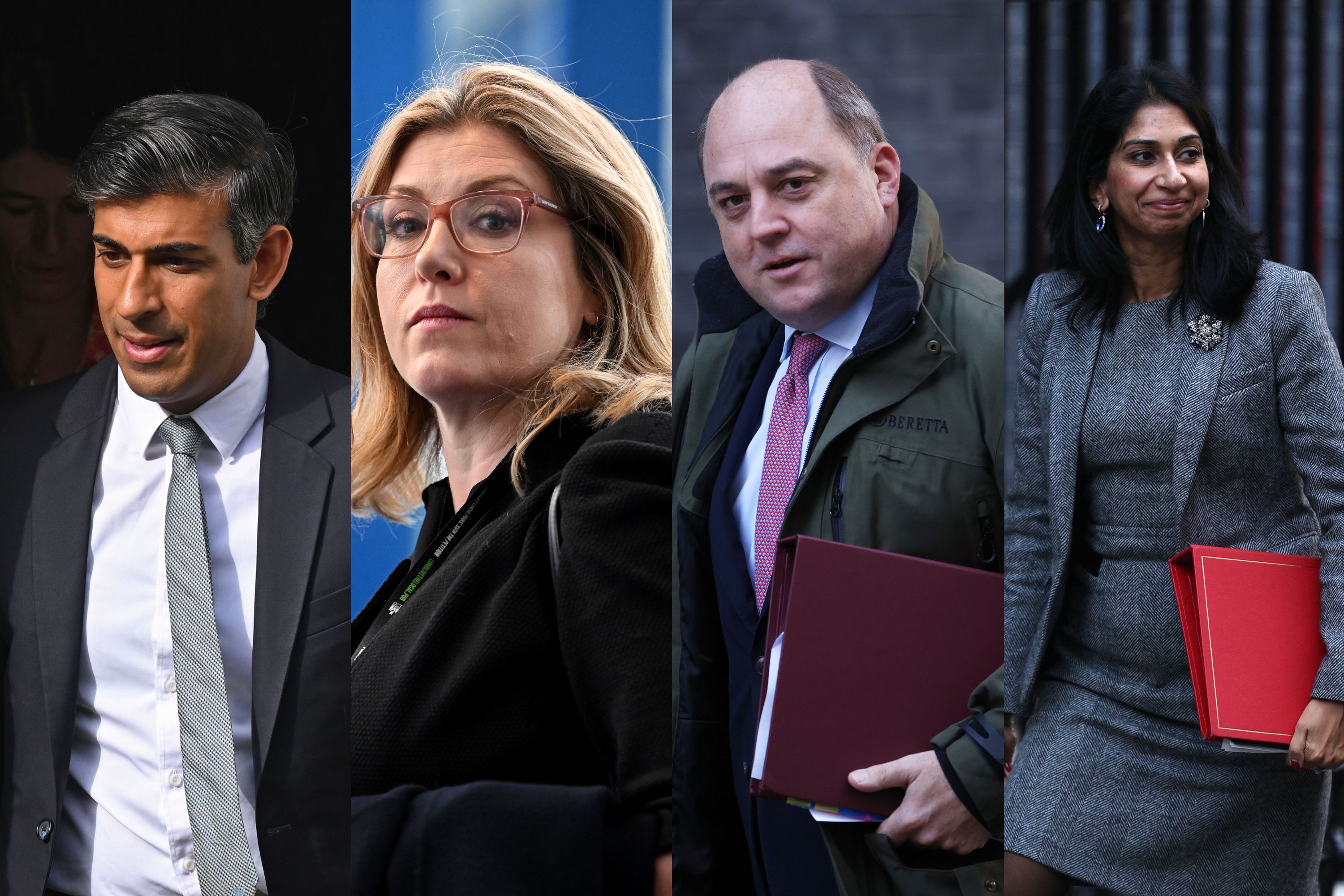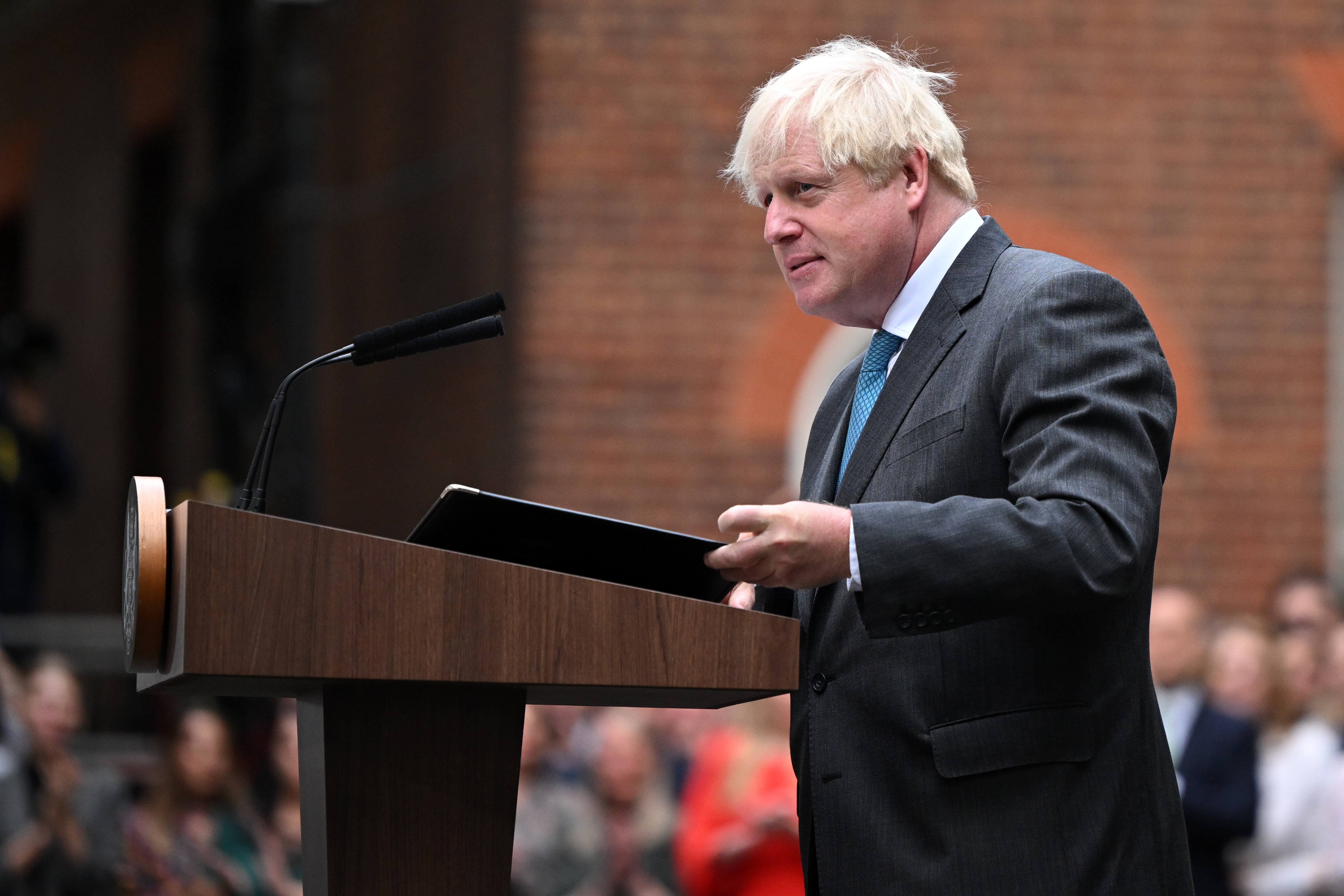What happens when a Prime Minister resigns? The next steps after Liz Truss' resignation
A statement is expected soon


As Britain reacts to Liz Truss' resignation, many want to know what happens when a prime minister resigns?
It's safe to say that UK politics has dominated the news media in recent weeks, with U-turns, sackings and resignations painting a picture of chaos in the Conservative Party. Many have been asking if the King can call a general election, while other are wondering how much former Prime Ministers are paid.
Liz Truss may have looked like a promising replacement for Boris Johnson during the leadership campaign, but after just 45 days in office, people are wondering why did she resign, while Britain is looking for a new PM once again. Here's what happens next...
What happens when a Prime Minister resigns?
Following a Prime Minister's resignation, the Institute for Government explains that Tory MPs and members will then hold a leadership contest to choose a new leader of the Conservative Party. By default, this also means they’ll be choosing a new prime minister.
In her resignation speech, Truss said that she had spoken to the King to notify him of her resignation. She also met with the chair of the 1922 Committee, Sir Graham Brady, where they "agreed that there will be a leadership election to be completed within the next week", adding, "this will ensure that we remain on a path to deliver our fiscal plans and maintain our country’s economic stability and national security."
In the leadership contest, MPs from the Conservative Party will put their names forward, and their fellow MPs will vote for them in rounds. Those who receive the least votes will gradually be knocked out until there are just two candidates left, at which point the vote will go to the Conservative Party membership, who have the final say in who becomes party leader.
This is the same process that saw Liz Truss become PM, narrowly beating former Chancellor Rishi Sunak.
Parenting advice, hot topics, best buys and family finance tips delivered straight to your inbox.
Who could be the next Conservative Party leader?
- Rishi Sunak - The former Chancellor was top choice among Conservative MPs in the last leadership contest, but lost out to Liz Truss when the vote went to the party membership.
- Penny Mordaunt - During the earlier days of the previous leadership contest, Penny Mordaunt was looking like the front-runner, proving popular with many Tory MPs.
- Ben Wallace - He was one of the few ministers to keep his position when Liz Truss assembled her new Cabinet, and has been popular for the role he has played in the UK's support for Ukraine.
- Suella Braverman - She was the first to throw her hat in the ring for the leadership contest during the summer, and recently resigned as Liz Truss' Home Secretary.
New Chancellor Jeremy Hunt has confirmed that he will not stand for party leader, after competing in the previous two leadership contests.

Can Boris Johnson come back?
Rumours have been swirling that Boris Johnson could return as Prime Minister, thought the chances of him returning to office are unlikely.
He does remain popular with Tory voters and has something of a celebrity status, but he is also still the subject of an ongoing Commons investigation into the Partygate scandal.
And considering the way he left office, with a swathe of ministers resigning, it's likely that Tory MPs would not consider it a good look for him to return, especially given that it has only been a matter of weeks since he resigned.
With that being said, there are no rules against him standing to become leader again.

Will there be a general election?
It's very unlikely that there will be a general election following the resignation of Liz Truss. The next general election is set to take place in 2024.
Under The Dissolution and Calling of Parliament Act 2022, it is only the Prime Minister that can call a general election. It's very unlikely that the next Prime Minister will choose to call a general election, considering a recent poll puts the Conservative Party 36 points behind Labour.
The Act was passed this year and repealed the previous Fixed-term Parliaments Act 2011, therefore returning the power to call a general election to the Prime Minister. Previously MPs would vote on whether to call a general election, which is what happened in both 2017 and 2019 when the Conservative Party called a 'snap election'.
There is one other way an election could be called, and that is through a confidence vote. If a confidence vote takes places and the Government loses, an election would follow. However, this is also an unlikely scenario as it would mean a significant number of Tory MPs would have to vote against their own party.
Video of the Week

Ellie is GoodtoKnow’s Family News Editor and covers all the latest trends in the parenting world - from relationship advice and baby names to wellbeing and self-care ideas for busy mums. Ellie is also an NCTJ-qualified journalist and has a distinction in MA Magazine Journalism from Nottingham Trent University and a first-class degree in Journalism from Cardiff University. Previously, Ellie has worked with BBC Good Food, The Big Issue, and the Nottingham Post, as well as freelancing as an arts and entertainment writer alongside her studies. When she’s not got her nose in a book, you’ll probably find Ellie jogging around her local park, indulging in an insta-worthy restaurant, or watching Netflix’s newest true crime documentary.